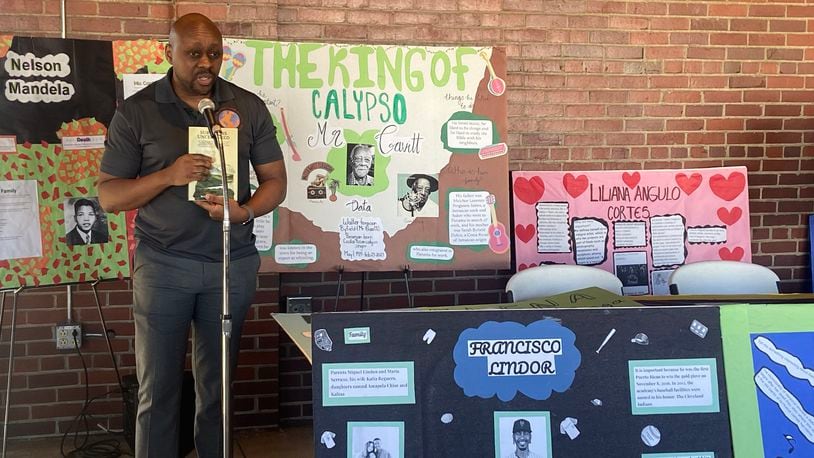As I write these words, I am filled with gratitude for being alive and safe. I am grateful for being able to share my testimony and bear witness to a tragedy where so many people very close to me died in 1994.
My oldest brother was brutally killed by the Interahamwe militia on May 23, 1994. My mother narrowly survived because she got separated from my brother in the chaos caused by intense shooting where they were. After that, she spent nearly two months not knowing my whereabouts or that of my remaining three brothers. None of us were home when the genocide started.
At that time, I was about to turn 13 years old. I was in the city of Byumba in Northern Rwanda for a school retreat. The RPF (Rwandan Patriotic Front) rebels quickly took control of that city, and lots of people fled, fearing that the RPF rebels would kill them. My schoolmates and I stayed; we were not afraid.
Days later, RPF rebel soldiers rounded us all up, screened us to determine our ethnic backgrounds, separated us, and killed those who were of Hutu ethnicity. I survived because one of the soldiers protected me.
For me, the memory of the Rwandan Genocide will always be about the victims who were massacred during that period. I survived to tell the world what I witnessed.
Thirty years after the genocide, it is still not safe in Rwanda to tell the whole story of the genocide. Stories like mine that include RPF atrocities are censored. The government of Rwanda has crafted a narrative that everyone must adhere to, making sure the crimes by RPF are never mentioned. My refusal to whitewash my story put me in such danger with the regime that I fled far away from my family, friends, and all I had built my entire life. I found myself in Dayton, where I found people who sat and listened to me. I was able to join other survivors around the world in commemorating and remembering all the victims. I even co-authored a book.
As we commemorate the 30th anniversary of the Rwandan genocide, I would be remiss not to write about the war that has been ravaging the Democratic Republic of Congo since 1996 that has taken more than six million innocent lives. This war is fueled by Congo’s riches in natural resources. Congo has the largest deposit of minerals such as coltan and lithium used in technologies such as cell phones and electric cars.
In Rwanda, the international community failed by its inaction. The war and atrocities in Congo present an opportunity for us to do better. I urge you to be the voice of the voiceless and call for the end of the war in Eastern Congo, justice for all victims of genocide and wars in the Great Lakes Region of Africa.
Eric Ngoga is a co-author of the book Survivors Uncensored: 100+ testimonies from survivors of the Rwandan genocide as well as pre-and post-genocide Rwanda; inspiring stories of resilience and humanity. He is also a teacher at Dayton Public Schools.
About the Author
